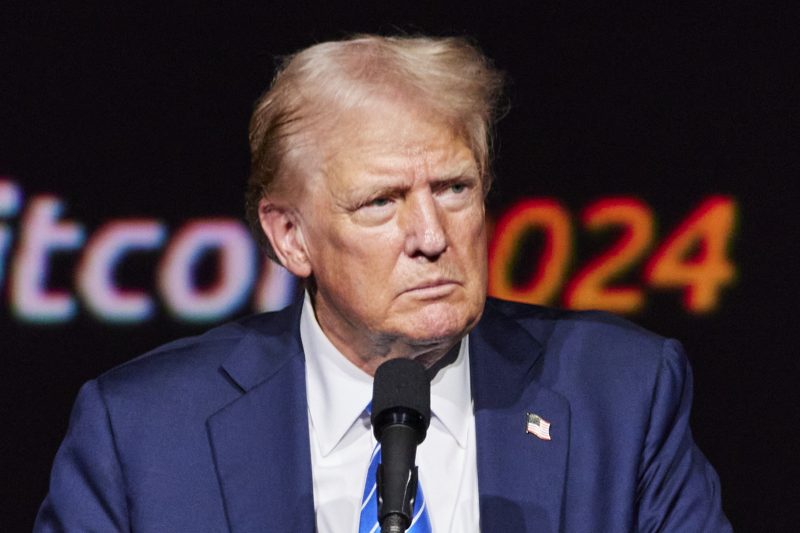Donald Trump has never been one to shy away from making bold and often controversial statements. However, when it comes to matters of national debt and taxes, his assertions may not always align with reality.
One of the key areas where Trump has been known to make dubious claims is in regard to the impact of his presidency on the national debt. Despite promises to reduce the debt during his campaign, under Trump’s leadership, the national debt has actually continued to climb. According to the U.S. Department of the Treasury, the national debt stood at over $22 trillion at the end of 2019, a substantial increase from when Trump took office in 2017.
Moreover, Trump has frequently touted his tax cuts as a major boon to the economy, claiming that they have spurred economic growth and increased government revenues. While the tax cuts did lead to a temporary boost in economic activity, experts have argued that the long-term effects may not be as positive as Trump suggests. The Congressional Budget Office, for instance, has projected that the tax cuts will add nearly $2 trillion to the national debt over the next decade.
Furthermore, Trump’s claims about the impact of the tax cuts on government revenue have been called into question. While tax revenues did increase in the short term following the implementation of the tax cuts, this was largely due to the strong economy at the time rather than the tax cuts themselves. In fact, the Tax Policy Center estimated that the tax cuts would ultimately reduce government revenues by close to $1.5 trillion over the next decade.
In addition to his statements on the national debt and taxes, Trump has also made numerous false claims about his own personal finances. Despite being one of the wealthiest individuals to ever hold the office of President, Trump has refused to release his tax returns, breaking with a long-standing tradition among U.S. presidents. This lack of transparency has led to widespread speculation about Trump’s financial dealings and potential conflicts of interest.
Overall, Trump’s fusillade of falsehoods on debt and taxes raises serious questions about his credibility on economic issues. While he may continue to make grandiose claims about his economic stewardship, the reality is that his policies have not lived up to his promises. As the 2020 election approaches, voters will have to decide for themselves whether they believe Trump’s claims or the hard facts presented by experts and governmental agencies.


























